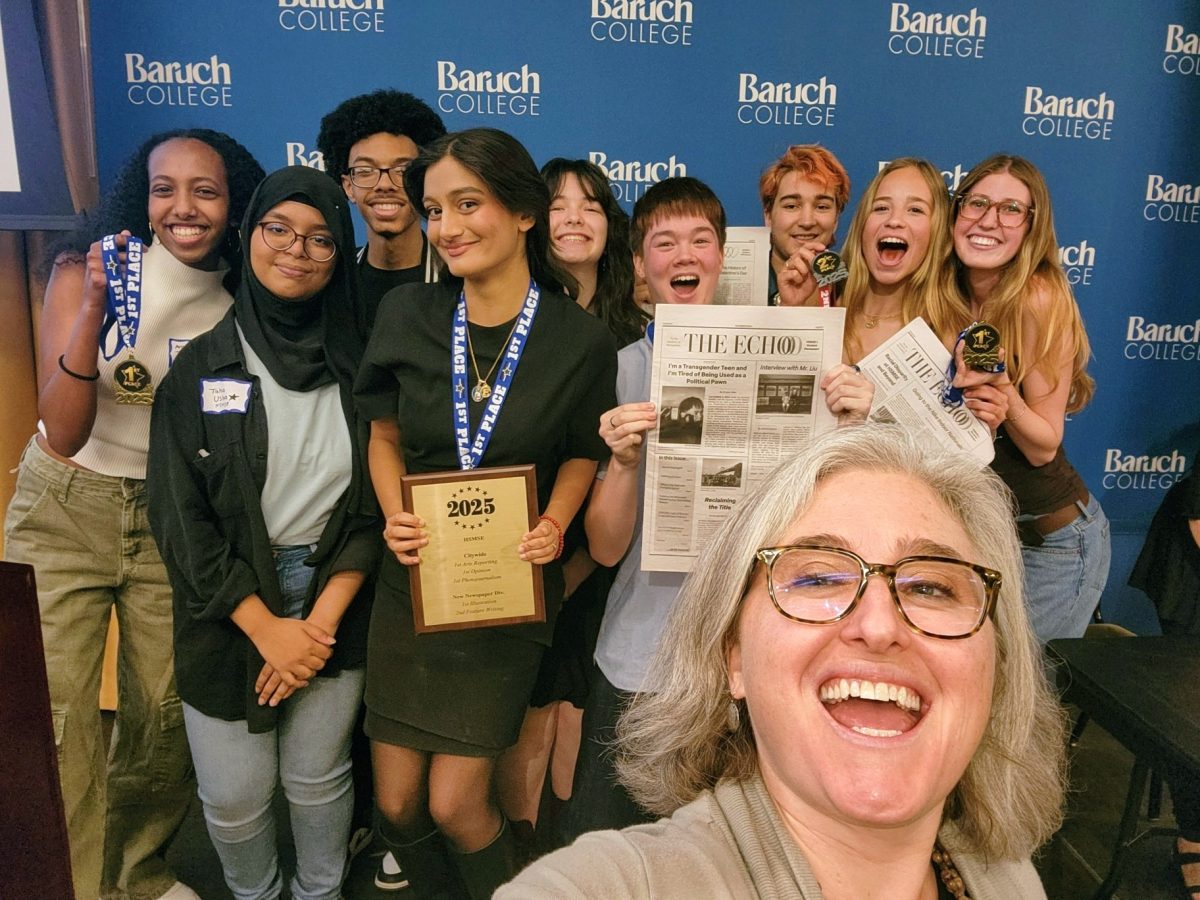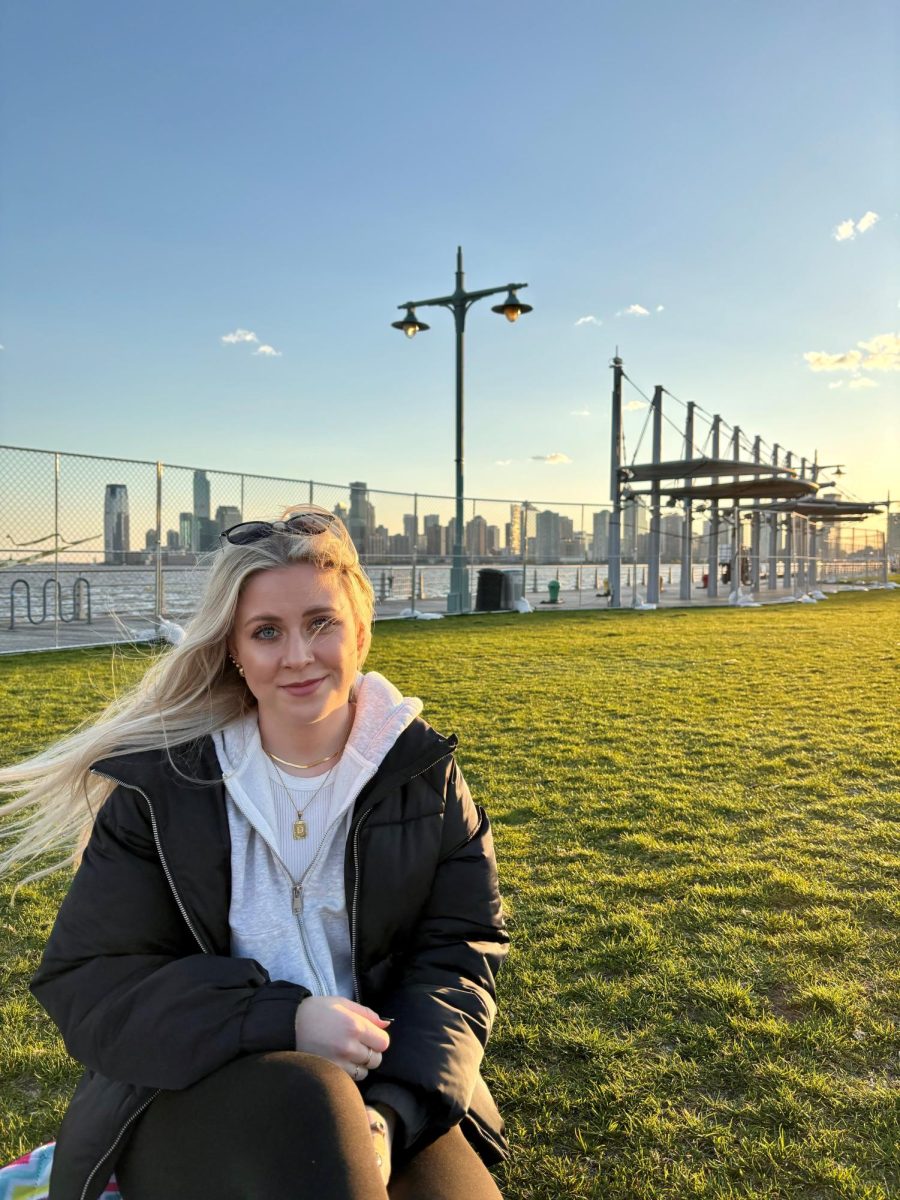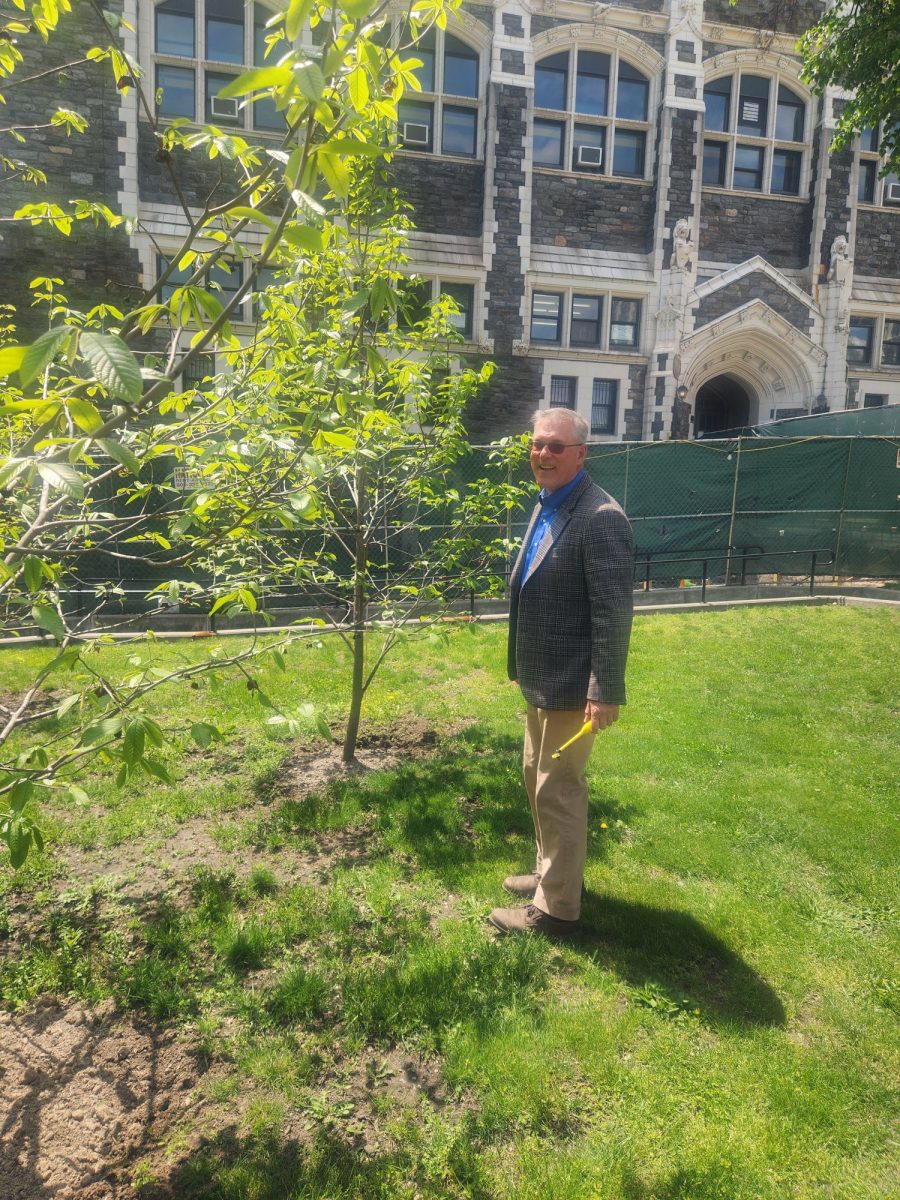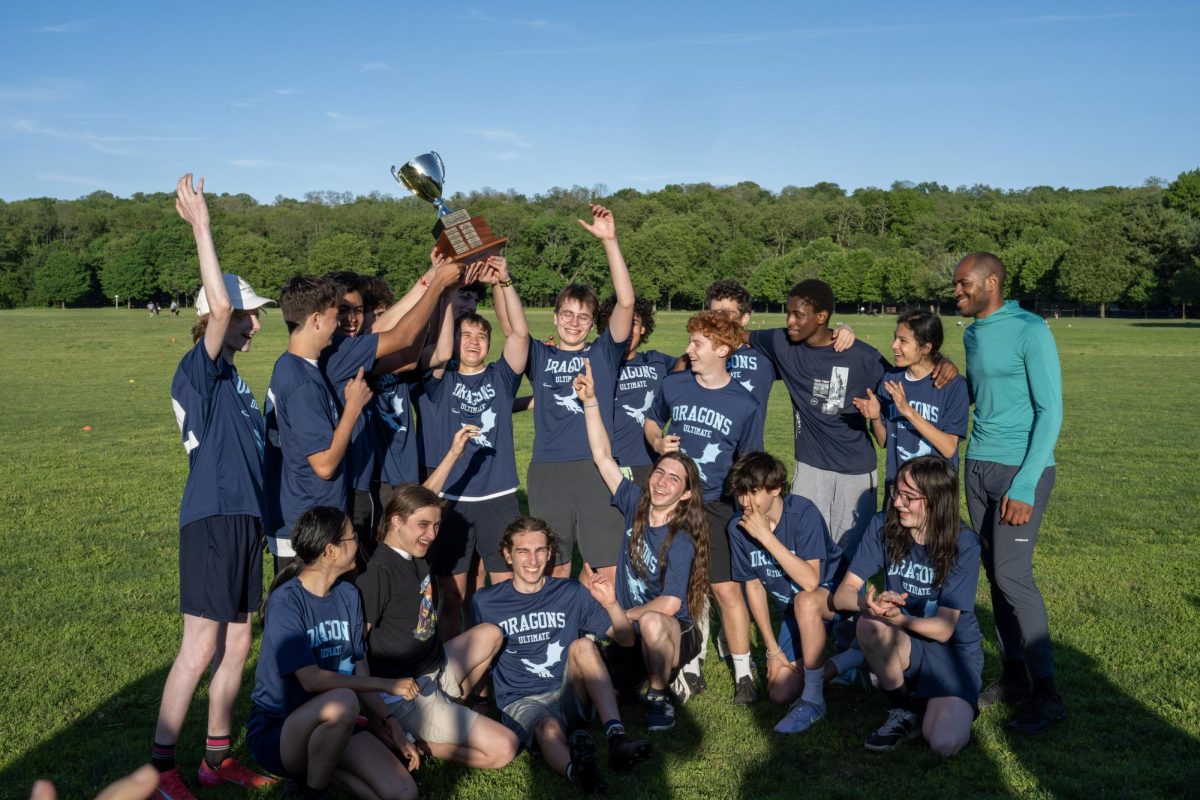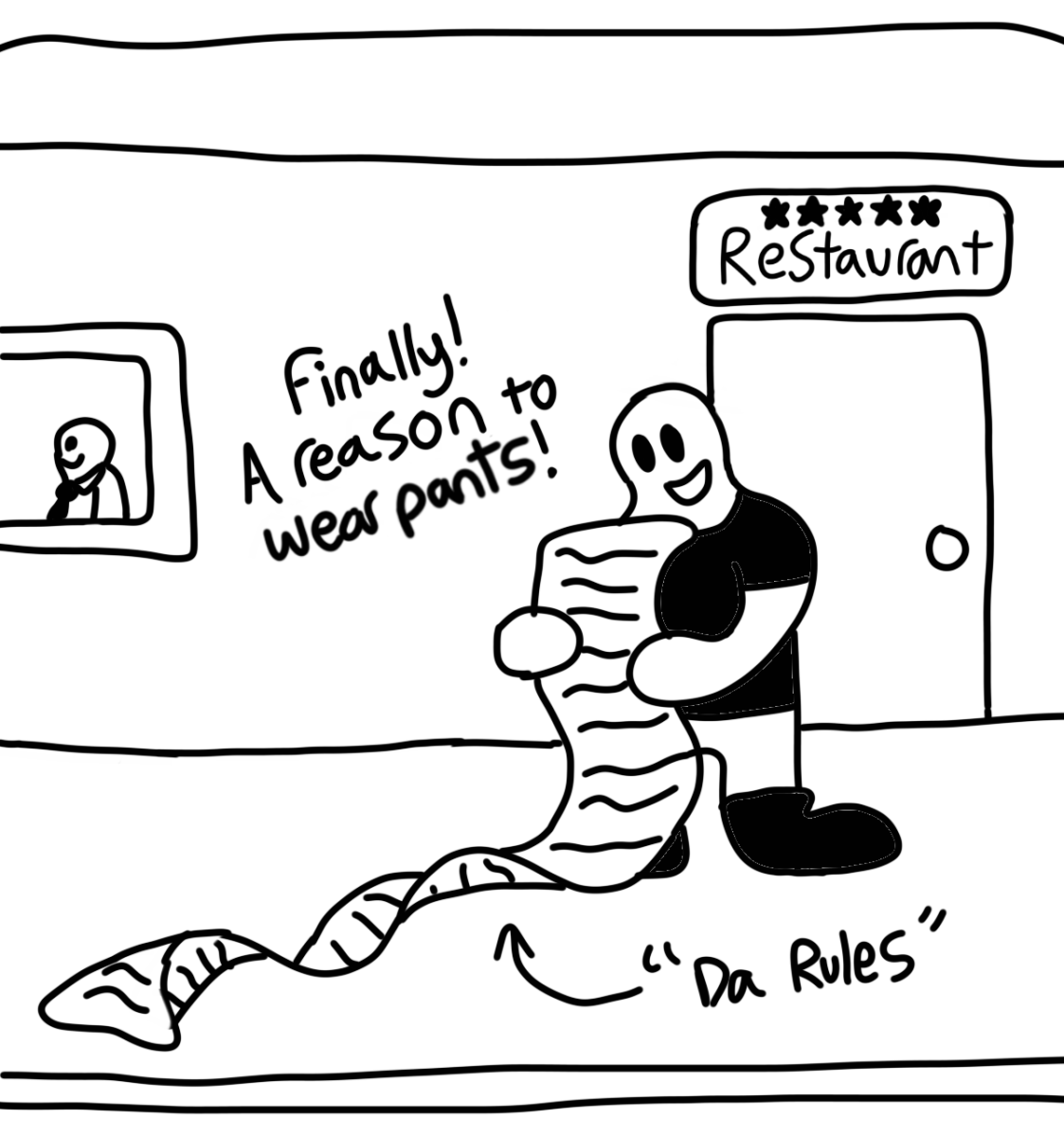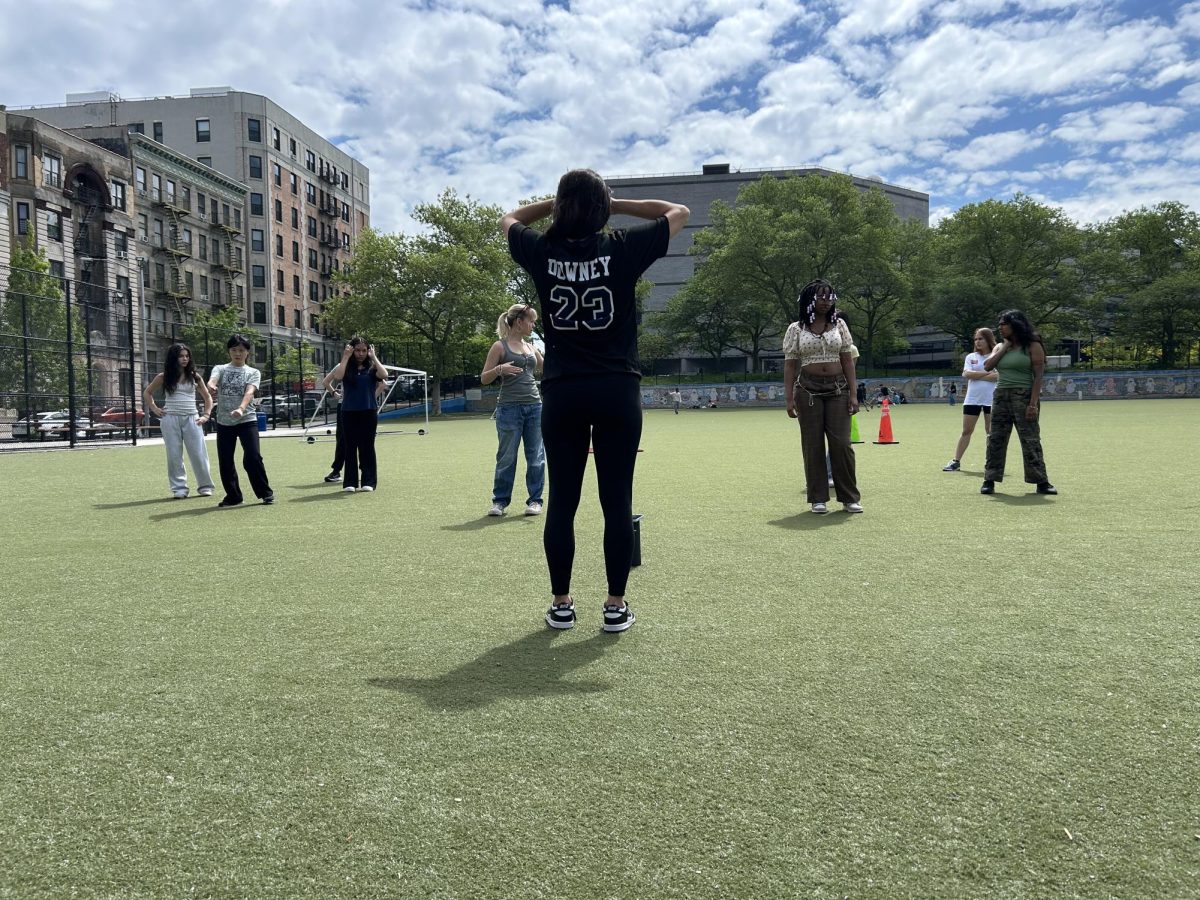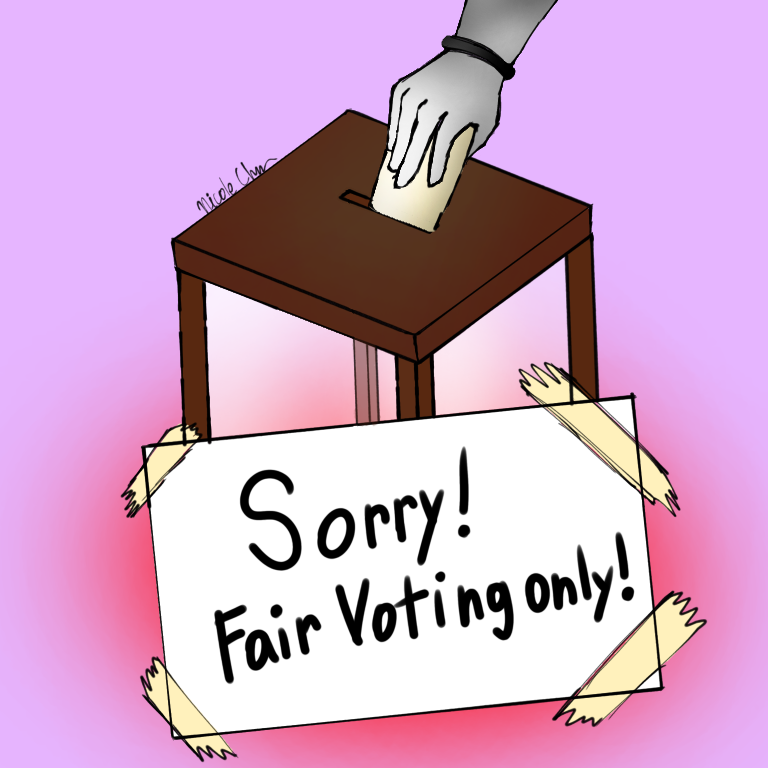As the presidential election kicks into full gear, it’s easy for us, as students, to feel detached from it all. But while most of us can’t vote, there are still a lot of things we can do to take action if we care about the fate of our country. In this issue spotlight, we’re going to talk about a critical issue that applies to this election and beyond: voter suppression. Those words may make you think of the violent intimidation and frustratingly impossible literacy tests from U.S. History class, but voter suppression is still occurring today. Despite our country being founded on the idea that every citizen should have the opportunity to make their voice heard, there still stand a lot of obstacles to this fundamental American right. Restrictive laws make voting difficult in a myriad of ways, such as restricting timelines for mail-in voting, limiting access to drop boxes, and making it hard for people with disabilities to get assistance. Even though we can’t legally vote yet, we can still try to make sure other people’s votes are counted. In this article, we’re going to dive deep into a specific act going through Congress right now that will protect voters’ rights. We’re also going to explore how you can take action to make your voice—and the voices of many other Americans—heard.
In 1965, the Voting Rights Act attempted to eliminate discriminatory obstacles to voting, partially by allowing the federal government greater power to oversee voting procedures. It did vastly expand voter registration, but the Supreme Court weakened it in 2013, and again in 2021. The John R. Lewis Voting Rights Advancement Act seeks to bring back the protections removed by the Supreme Court. Section 5 of the Voting Rights Act required areas with a history of discriminatory voting practices to have changes in voting procedures approved by the federal government before they are implemented. However, in Shelby County v. Holder (2013), the Supreme Court ruled that the formula to determine which areas had to do this was outdated and that Section 5 was therefore unconstitutional. The John Lewis Act would update this formula, requiring jurisdictions that have committed a certain amount of voting rights violations in the past 25 years to receive approval of changes to voting procedure. Localities nationwide with large minority populations would also have to obtain approval for certain enumerated changes, such as altering the boundaries of districts or changing the availability of voting materials in different languages.
In Brnovich v. DNC (2021), the Supreme Court weakened Section 2 of the Voting Rights Act. Section 2 makes it illegal for a state to pass a law making it more difficult to vote “on account of race or color.” The Supreme Court’s decision made it more difficult for voters to win lawsuits regarding discriminatory voting practices. The John Lewis Act would allow voters to challenge discriminatory voting laws more easily.
In addition to the measures previously discussed, the act would make Election Day a public holiday, giving people who work for the federal government and some private companies the day off to vote. It would also expand opportunities for voter registration, such as automatic or same-day registration, and increase the availability of early and mail-in voting so that people who can’t get to the polls on Election Day can still cast their votes. Jurisdictions around the country are implementing policies that make it nearly impossible for some people to vote. The John Lewis Act would impede the passage of these laws and make it easier to challenge them if they are passed.
To get this policy in place, we’ve got to take action. Many people think that small things like writing letters to elected officials aren’t actually impactful, and while it can be hard to see results, it all comes down to the specific situation. Letter-writing is most effective on the local level, where the elected officials have fewer people they’re supposed to represent and your opinion represents a greater part of their responsibility. And when you have a bunch of people expressing the same sentiment, it’s even more impactful! We will be hosting a workshop after school on Thursday, November 7 where we can write to our senators and congresspeople, asking them to bring the John R. Lewis Voting Rights Advancement Act to a vote. It was first introduced in 2013, and as of now has not been passed. It’s time for that to change.
We’ve been doing all of this talking about making it accessible for other people to vote, but don’t forget about yourself! If you’re older than 16, we know you’ve already been bombarded with people asking if you’re registered to vote. If you still haven’t registered, it truly takes just a few minutes and some basic information (go to iwillvote.com for more info!). Every time you turn down an opportunity to make your voice heard, you’re letting someone you disagree with get their way. Don’t let that happen! And if you’re older than 17, you can help other people cast their votes by being a poll worker on election day. Take action, whether that be by staying informed, coming to our workshop, or registering to vote. All of our voices deserve to be heard.








